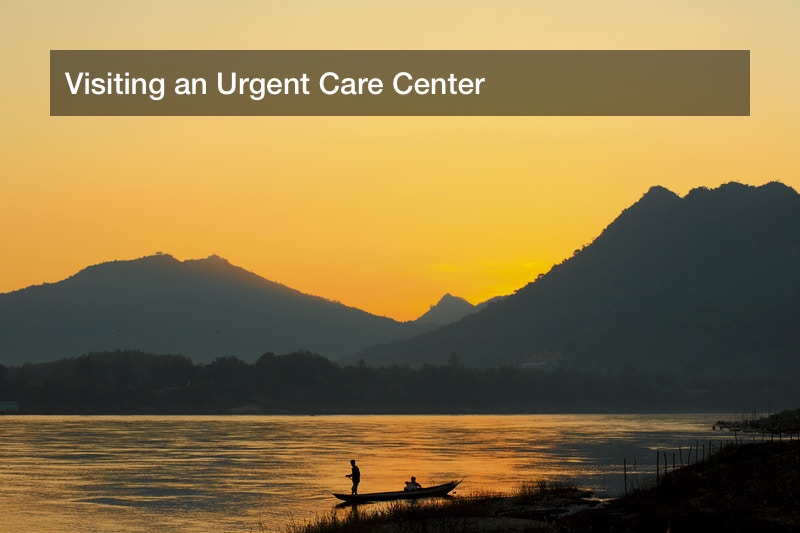
Many Americans, young and old, will sometimes suffer from minor medical issues or illnesses that call for professional help. Not all injuries call for a visit to the ER; in fact, many of not most of medical cases call for urgent care rather than emergency care, and the two should not be confused. Emergency care is a different topic entirely, and involves life-threatening injuries and conditions. By contrast, urgent care covers medical care for minor and everyday cases that are not life-threatening but still serious. Medical care clinics like these can be found across the United States today, and more are being built every single year. When a patient needs this kind of medical care, a nearby responsible adult may conduct an online search on a mobile device or a PC to find walk in clinics in their area, such as “walk in clinics in Boston MA” or “bone fracture treatment Dallas TX.” Such a search may show nearby clinics and their names, hours of operation (some are 24-hour clinics), and their addresses. The victim may then be taken to one of those clinics for prompt treatment.
About Urgent Care
What is there to know about modern urgent care centers? There are many thousands of these clinics across the United States, and every city and most towns have at least a few of them for patients to visit. Not all rural areas have an urgent care clinic, but some do, and contractor crews and entrepreneurs are working hard to build walk in clinics for these rural areas. Urgent care clinics in general tend to be small and independent, but sometimes they may form local networks with one another for convenience. Such clinics are typically found in strip malls for easy access, but others might in fact be built into a larger structure.
A hospital clinic may be quite convenient for many patients. One should take note, though, that these clinics are not interchangeable with the hospital’s ER; rather, these clinics offer strictly separate medical service and staff from the hospital at large. It is possible to visit that urgent care center and get treatment, then leave, without ever interacting with the hopsital’s staff. This is useful for a patient who doesn’t need the ER.
Meanwhile, some urgent care clinics are what are known as retail clinics, since they are built into larger retailers such as Target, Wal-Mart, and Walgreens. The idea here is that such clinics have a pharmacy that shoppers may visit during their shopping trips, which may be convenient for all. These clinics may also have some nurse practitioners on hand along with pharmacists, although that clinic’s hours of operation may differ somewhat from the retailer’s own hours.
When a patient visits an urgent care clinic, they will be in good hands. The nurse practitioners and physicians who make up the staff have the proper training and equipment needed to handle a wide variety of non life-threatening issues. Someone who visits a clinic like this may expect a wait time of around 15 minutes, and a clinic that is running smoothly may see around three patients per hour. A guest may also check if their health insurance policy is accepted there. What sort of medical maladies might be treated here?
Getting Treatment
Many Americans visit urgent care clinics during influenza season, and they may seek medicinal relief against the common cold and flu while they visit. What is more, patients may also get medicine for the stomach flu or upper respiratory issues, with upper respiratory issues being an especially common reason to visit these clinics. The nurses may also provide relief and braces for wrist or ankle sprains as well, which are common medical issues among patients. Four in five such clinics also offer bone fracture treatment, and the staff may also provide lotion and ointment for bad rashes and sunburn. What is more, staff may provide bandages and stitches for shallow but serious cuts or minor stab wounds, such as if the victim cut themselves on a knife or broken glass or if they stepped on a needle at the beach. Many urgent care centers along the California or Florida beaches in particular often handle sunburn, or patients who stepped on sharp objects or needles on the beach’s sands.
